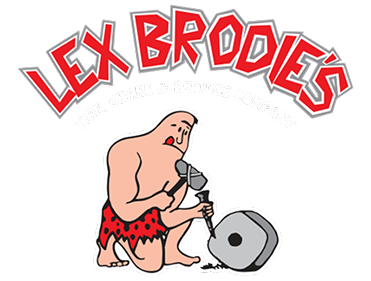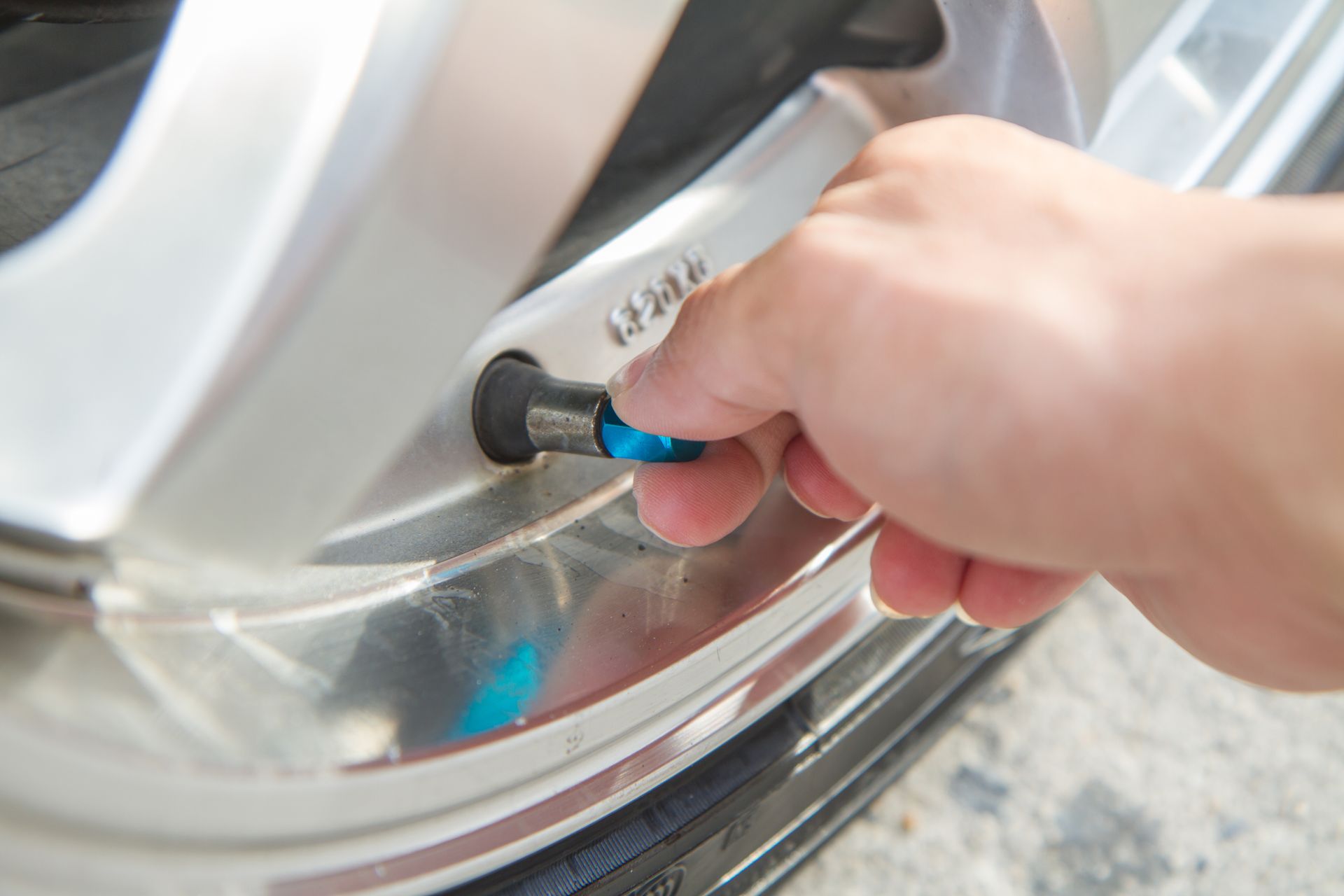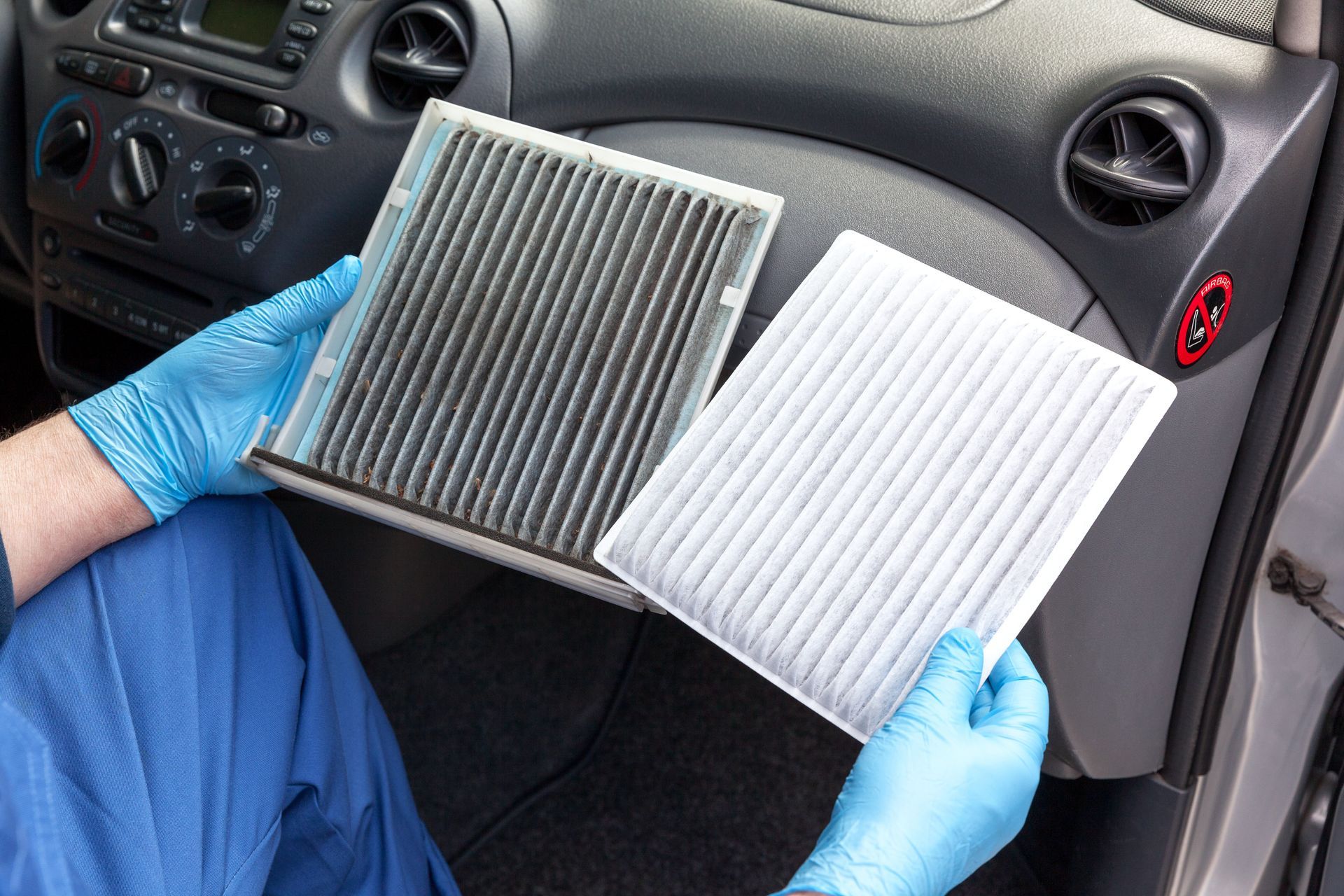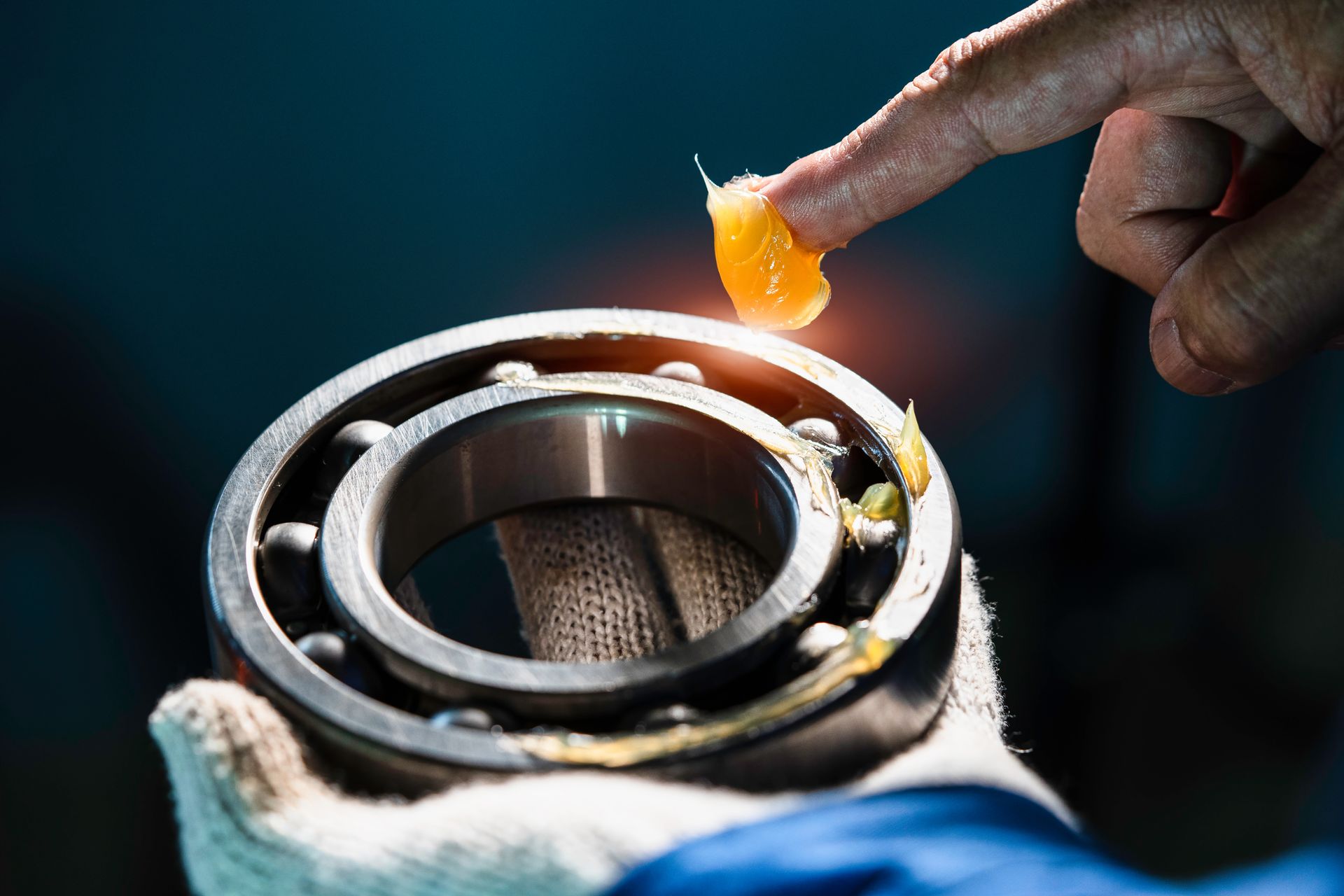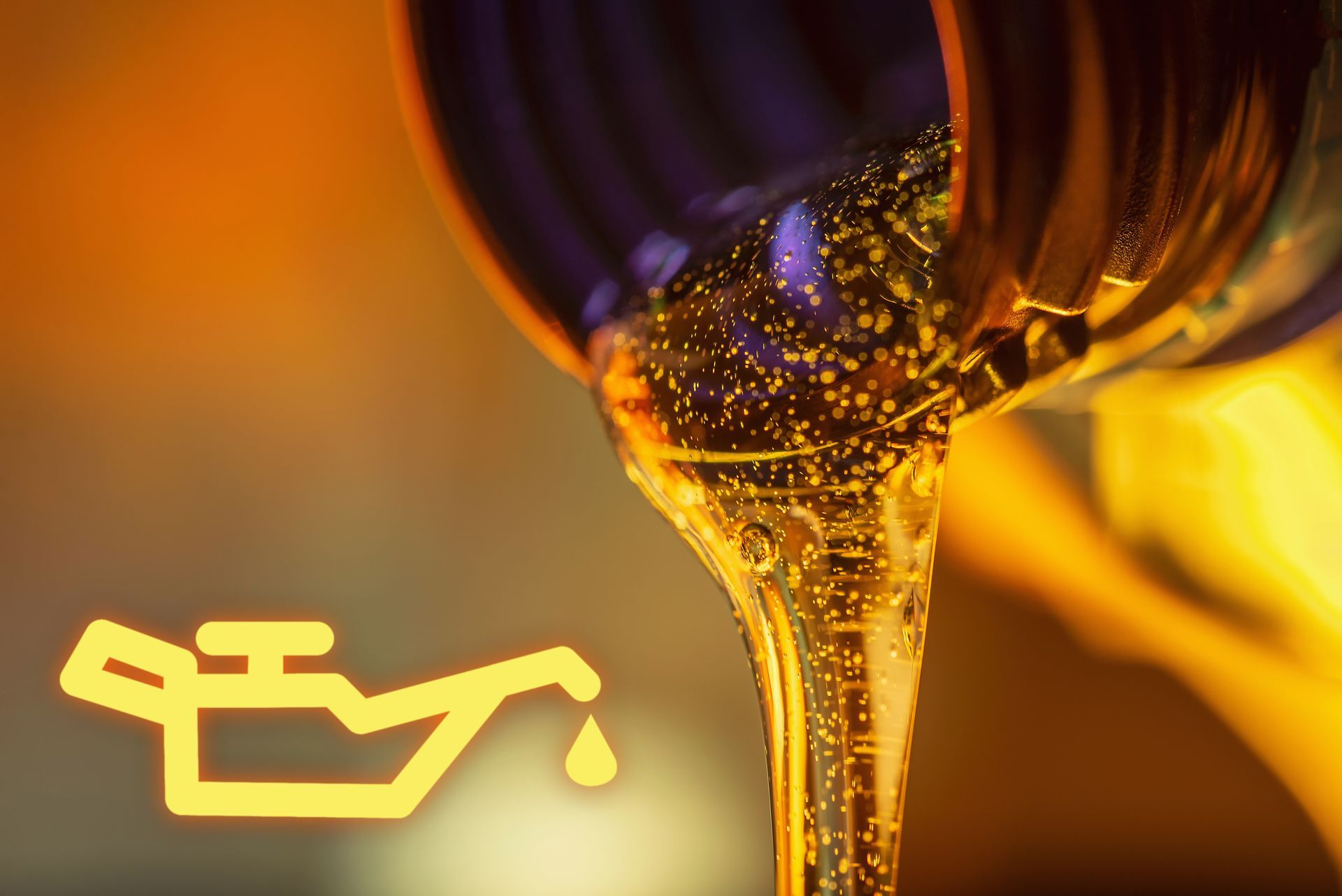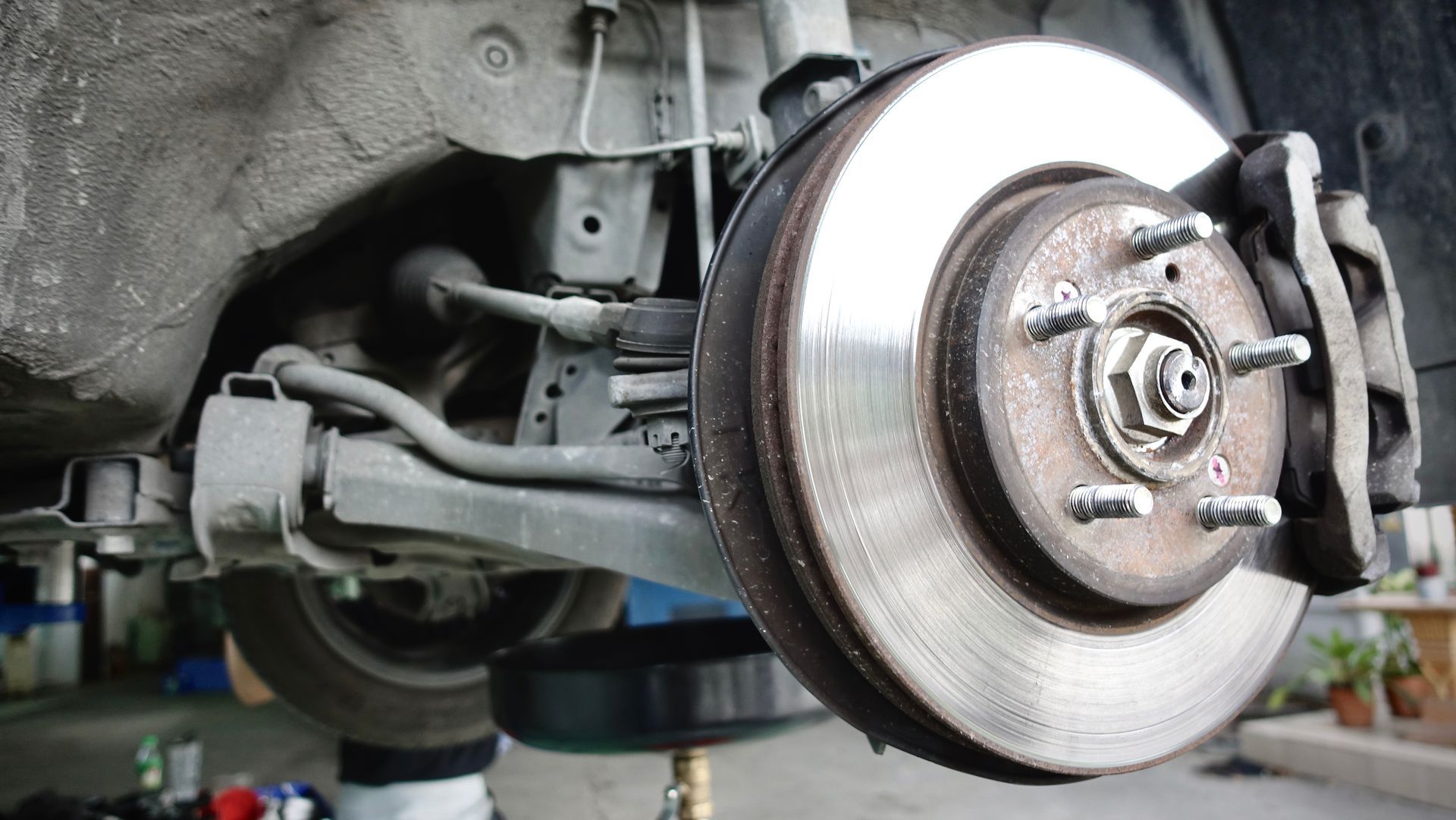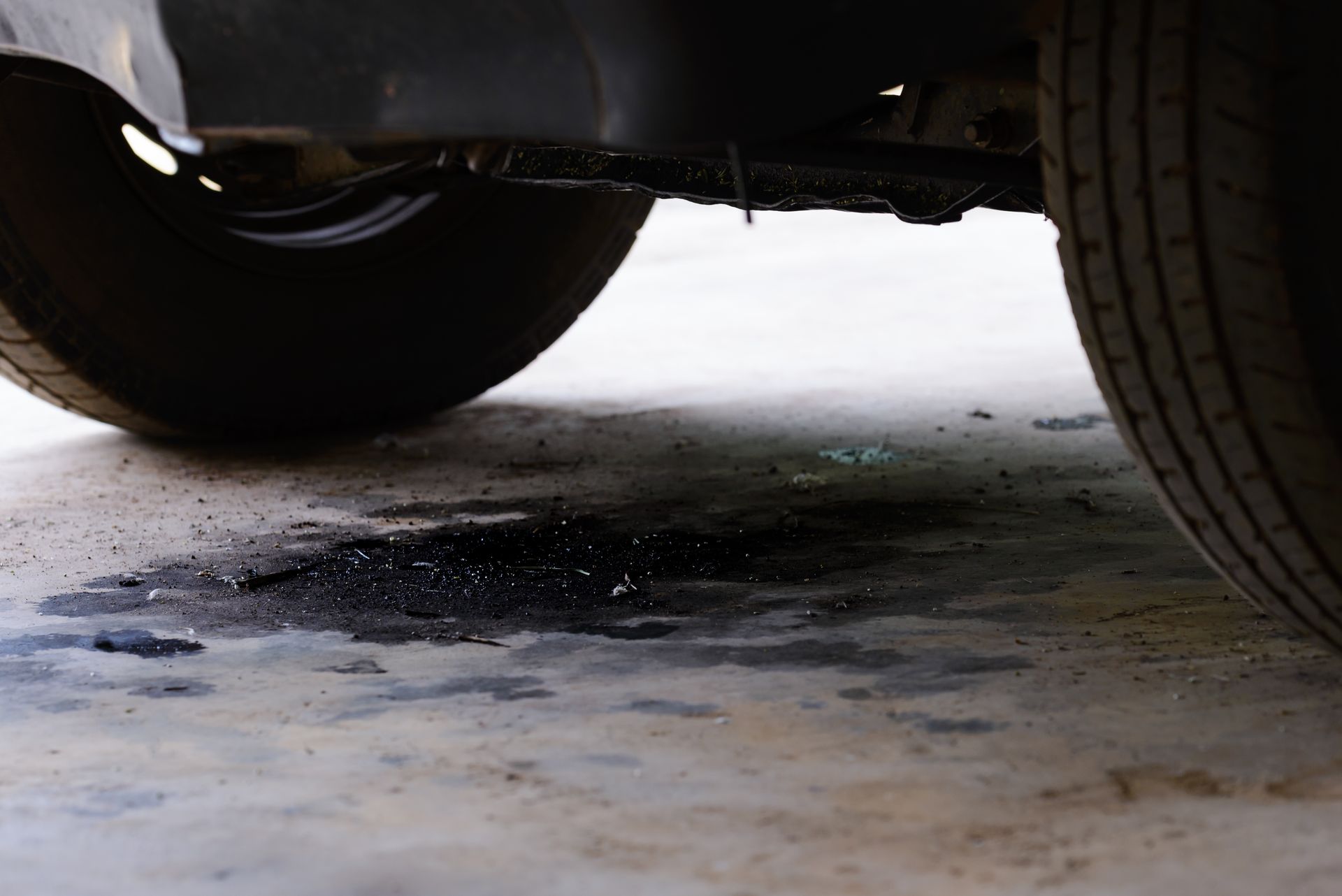6 Vital Fluids Every Car Owner Should Know About
November 29, 2024
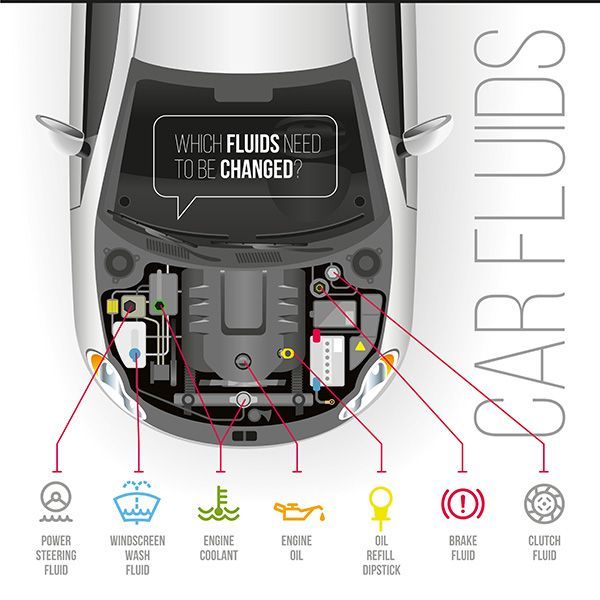
Taking care of a car goes beyond just the engine and exterior. Many owners don’t realize that various essential fluids run through their vehicles, each maintaining a smooth, safe ride. When one of these fluids is low or becomes contaminated, it can impact the vehicle's performance, safety, and longevity. Understanding which fluids need attention and how often can save you from costly repairs. So, let’s explore the six fundamental fluids every car owner should know about and why they’re so essential for a healthy, well-functioning vehicle.
1. Engine Oil
Engine oil is arguably the most important fluid in your car. It serves as a lubricant for the engine's moving parts, minimizing friction and helping to prevent wear and tear. Additionally, it plays a part in temperature control, carrying heat away from the engine components and helping maintain optimal performance. Over time, engine oil can break down and become less effective, which is why regular oil changes are essential.
Neglecting engine oil can lead to severe engine damage, even total failure. If you notice the engine oil light on your dashboard, it’s a sign that the oil level might be low or that there’s an issue with the oil pressure. Checking the oil level regularly and scheduling timely oil changes are two of the simplest yet most effective ways to keep your engine in top condition.
2. Transmission Fluid
The transmission fluid is essential for both automatic and manual vehicles. This fluid lubricates the transmission system, ensuring that gears shift smoothly and without too much friction. In an automatic transmission, this fluid also functions as a coolant, preventing overheating in the transmission system. Unlike engine oil, which needs to be changed more frequently, transmission fluid generally has a longer life, but it still needs periodic checks and replacement.
When transmission fluid levels are low or the fluid becomes contaminated, you might notice rough or delayed shifting, which can lead to long-term damage. For automatic transmissions, this fluid should typically be checked every 30,000 to 60,000 miles, depending on your car's make and model.
3. Brake Fluid
Brake fluid is crucial for your car's braking system. It transfers force from the brake pedal to the brakes, enabling you to stop your vehicle safely. Brake fluid is also designed to handle high temperatures without boiling, as boiling could lead to brake failure. Since brake fluid absorbs moisture from the air, it can become contaminated over time, which reduces its efficiency.
If your brakes feel spongy or the brake warning light appears, it may be time to check the brake fluid. Generally, it’s recommended to replace this fluid every two years. For optimal safety, make it a habit to have the brake fluid inspected during routine maintenance.
4. Coolant
Coolant, or antifreeze, is another essential fluid that keeps your engine from overheating. It circulates through the engine, absorbing excess heat and then carrying it to the radiator, where it’s dispersed. In colder climates, coolant also prevents your engine from freezing.
Running low on coolant can cause overheating, which can lead to severe damage to the engine. Modern cars have sensors to alert you if coolant levels are low, but it’s still a good idea to check it manually. Typically, coolant needs to be flushed and replaced every 30,000 miles, or as specified in your vehicle's owner’s manual.
5. Power Steering Fluid
Power steering fluid makes it possible to turn your steering wheel with ease. It supplies hydraulic pressure to the steering system, enabling you to navigate turns and maneuvers without excessive effort. Low power steering fluid can lead to difficulty steering, and in some cases, it can cause the steering pump to fail.
If you notice a whining or groaning noise while turning or if the steering feels stiffer than usual, it could be a sign that the power steering fluid needs to be topped up or replaced. For most cars, it’s recommended to check power steering fluid levels during regular maintenance appointments, and you may need to replace it every 50,000 miles, depending on your driving habits and conditions.
6. Windshield Washer Fluid
While windshield washer fluid doesn’t impact the mechanics of your car, it’s essential for visibility and safety. It helps you maintain a clear view of the road, especially in bad weather conditions or on dusty roads. Unlike other fluids, windshield washer fluid doesn’t require specialized care, and you can easily refill it yourself.
Running out of windshield washer fluid isn’t a huge emergency, but having it available when needed can make a significant difference in keeping your windshield clean and clear. Make sure to check and refill this fluid regularly, especially before long trips or if you live in an area with harsh weather.
How to Keep Your Vehicle’s Fluids in Top Condition
Keeping these vital fluids in good condition is key to a vehicle’s overall health. Here are some general tips for fluid maintenance:
Check Levels Regularly
Get into the habit of checking fluid levels at least once a month. A quick glance can save you from potential issues later on.
Use the Right Fluids
Each car has specific requirements. Always use the manufacturer-recommended fluids, as using the wrong type can impact performance.
Listen to Warning Signs
If you notice unusual noises, warning lights, or changes in how your car feels while driving, these can often be clues that fluid levels or quality may be an issue.
Consult a Professional
If you’re unsure about fluid levels or how to top them off, a professional inspection
can ensure everything is functioning correctly. Regular check-ups can prevent small issues from escalating into major repairs.
Whether it’s brake fluid, transmission fluid, or anything in between, LexBrodies offers full-service fluid checks and top-offs. Schedule your appointment today!



